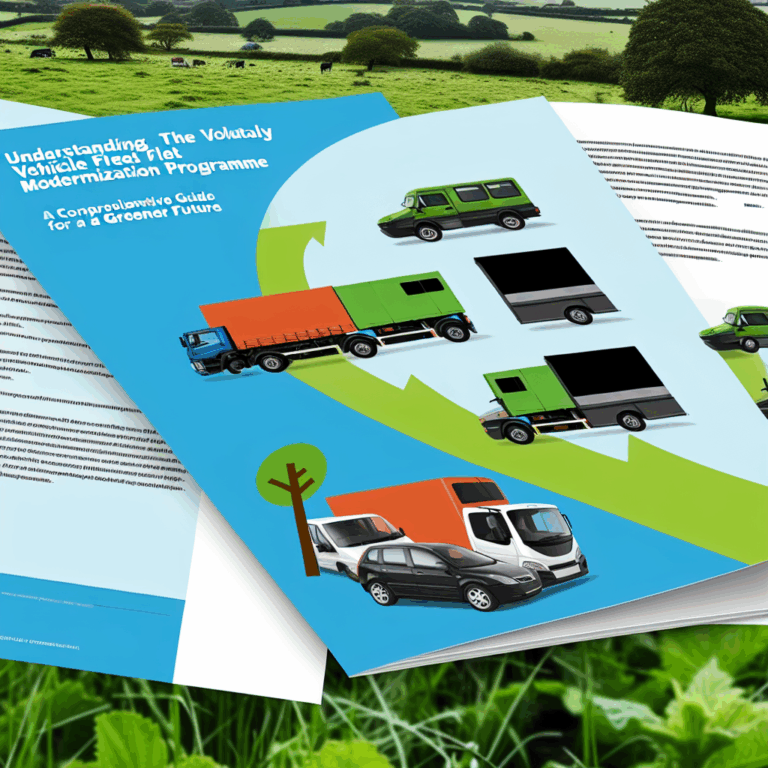Copyright @ 2023 www.digimitr.com. All rights reserved.

Unlocking Growth: A Comprehensive Guide to the Agriculture Infrastructure Fund (AIF) by the Ministry of Agriculture & Farmers Welfare
Discover the details of the government scheme titled “Unlocking Growth: A Comprehensive Guide to the Agriculture Infrastructure Fund (AIF) by the Ministry of Agriculture & Farmers Welfare”. This scheme is managed by the relevant ministry and focuses on providing benefits to eligible beneficiaries.
Here is a comprehensive overview:
Introduction
The Agriculture Infrastructure Fund (AIF) is a flagship initiative launched by the Ministry of Agriculture & Farmers Welfare, Government of India, aimed at creating a robust infrastructure system in the agricultural sector. By enabling easy access to financial assistance, the fund is designed to improve rural agriculture infrastructure, thereby promoting investment and innovation. The ultimate goal is to enhance farmers’ income, boost productivity, and ensure food security in the country.
Eligibility Criteria
The AIF is accessible to a wide range of applicants, promoting inclusivity in agricultural development. The key stakeholders eligible for this fund include:
- Agricultural Startups
- Farmers Producer Organizations (FPOs)
- Cooperative Societies
- Private Entrepreneurs
- Self-Help Groups (SHGs)
- State Governments and Union Territories
Each applicant must ensure that their proposed project aligns with the objectives of the AIF, focusing primarily on enhancing agricultural infrastructure and supporting the agrarian ecosystem.
Key Features and Benefits
The AIF comes with several notable features that cater to the diverse needs of the agricultural sector:
- Low-Interest Loans: The fund provides loans at a subsidized interest rate, making financial assistance more attainable for stakeholders.
- Diverse Project Types: Projects eligible for funding include cold storage facilities, organic farming, value addition processes, marketing infrastructure, and more.
- Long Repayment Duration: Borrowers are allowed to repay the loans over a period extending up to seven years.
- Technical Assistance: The fund also offers technical support to ensure that infrastructure projects are not only feasible but also sustainable in the long run.
The benefits extend beyond mere financial assistance; the AIF aims to create a streamlined infrastructure that supports farmers and agricultural innovators, ultimately leading to enhanced productivity.
Application Process
The application process for the AIF is designed to be transparent and user-friendly. Here is a step-by-step guide:
- Project Preparation: Applicants need to outline their project, detailing objectives, expected outputs, and timelines.
- Online Application: Applications must be submitted through the official AIF portal, ensuring all required documents are attached.
- Document Verification: Upon submission, relevant authorities will review the documents and project details.
- Approval: Eligible projects will receive approval along with details about funding provisions.
- Disbursement: After approval, funds are disbursed in multiple stages based on project progress.
It’s crucial for applicants to ensure that their proposals are complete and adhere to the guidelines laid down by the Ministry.
Funding and Budget
The AIF has an overarching budget of ₹1 lakh crore, aimed at fostering infrastructure development in agriculture over a period of four years. The funding mechanism is structured as follows:
- Loan amounts can vary based on the project’s scope, often ranging from ₹10 lakhs to ₹2 crores.
- The fund is aimed at projects that yield direct benefits to farmers, effectively ensuring that the investments lead to tangible improvements in agricultural output.
This extensive budget signifies the government’s commitment to revitalizing the agricultural sector and addressing the infrastructure deficits faced by farmers and stakeholders.
Achievements or Impact
Since its inception, the AIF has made significant strides in enhancing agricultural infrastructure:
- Facilitated the construction of numerous cold storage facilities, thereby reducing post-harvest losses.
- Supported the establishment of marketing infrastructures, which have improved farmers’ access to markets and fair pricing.
- Encouraged technological innovations such as smart farming and precision agriculture, leading to more sustainable farming practices.
The cumulative impact of these initiatives has been an increase in farmer incomes and an improvement in food security across various states.
Challenges (if any)
Despite its successes, the AIF faces several challenges:
- Awareness: Many potential beneficiaries remain unaware of the fund’s provisions and benefits.
- Project Viability: Some applicants struggle to create viable project proposals that meet the fund’s criteria.
- Timeliness of Disbursement: Delays in the disbursement of funds can hinder project implementation.
Efforts are being made to address these challenges through enhanced outreach programs and capacity-building initiatives.
Recent Updates
In recent months, the AIF has expanded its focus to include eco-friendly and modern agricultural practices:
- New guidelines have been introduced to promote organic farming projects.
- Collaborations with industry leaders are being encouraged to foster innovation in agricultural technologies.
- Increased budget allocation for projects focusing on automation and sustainable farming techniques.
These updates reflect the government’s commitment to adapt to emerging agricultural trends and technologies.
Conclusion
The Agriculture Infrastructure Fund stands as a testament to the Indian government’s commitment to revolutionizing the agricultural sector through infrastructure development. By facilitating access to low-cost loans and encouraging innovative projects, the AIF aims to empower farmers and stakeholders, ultimately leading to sustainable agricultural practices and enhanced food security. Continuous efforts to address challenges and adapt to changing agricultural practices will be essential for the AIF to achieve its long-term goals.
FAQ
1. Who can apply for funding under the Agriculture Infrastructure Fund?
Eligible applicants include Agricultural Startups, Farmer Producer Organizations (FPOs), Cooperative Societies, Private Entrepreneurs, Self-Help Groups (SHGs), and State Governments.
2. What types of projects are eligible for funding?
Eligible projects include those related to cold storage, organic farming, value addition, marketing infrastructure, and other activities aimed at improving agricultural infrastructure.
3. How is the loan interest rate structured under the AIF?
The AIF offers loans at a subsidized interest rate, making it easier for stakeholders to access financial assistance for their agricultural projects.
For more information, check out official government site,
Official government website or relevant source not provided.
Stay updated on related schemes and initiatives using hashtags: #Unlocking #Growth #Comprehensive #Guide #Agriculture #Infrastructure #Fund #AIF #Ministry #Agriculture #Farmers #Welfare
Join the discussion about this scheme in the comments below!





